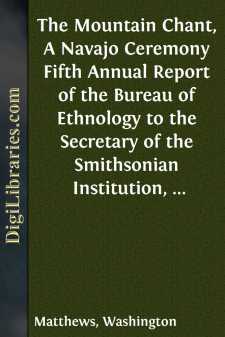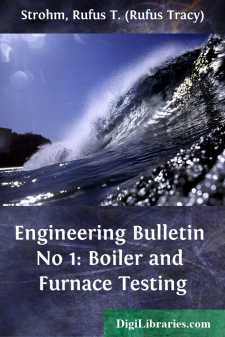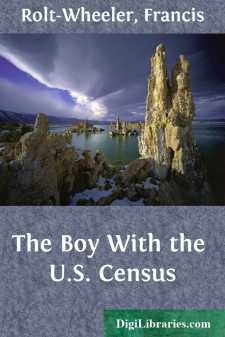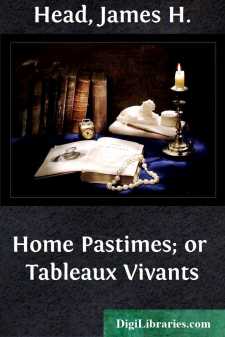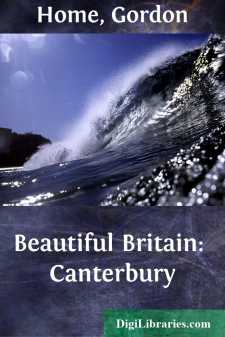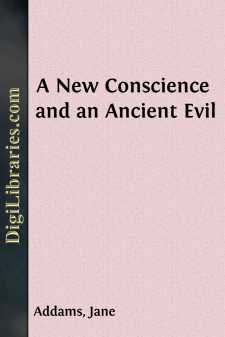Non-Classifiable
- Non-Classifiable 1768
Non-Classifiable Books
Sort by:
INTRODUCTION. 1. The ceremony of dsilyÃdje qaçàl, or mountain chant—literally, chant towards (a place) within the mountains—is one of a large number practiced by the shamans, or medicine men, of the Navajo tribe. I have selected it as the first of those to be described, because I have witnessed it the most frequently, because it is the most interesting to the Caucasian spectator, and...
more...
NECESSITY FOR TESTING BOILERS. A boiler test is necessary in order to determine how well the boiler is doing the work expected of it; that is to say, we must find out whether we are wasting coal in making steam and how much this waste may be. Such a test may be made to discover the efficiency of the boiler, or the quantity of water it is evaporating, or the cost of evaporating 1,000 pounds of water....
more...
by:
Brillat-Savarin
The excellent man to whom we are indebted for this book has described himself, with so much charm, nature and truth; the principal events of his life have been recorded in such an agreeable and faithful manner that very few words will suffice to finish the story. Brillat Savarin (Anthelme) Counsel of the Court of Cassation, member of the Legion of Honor, member of the Society for the Encouragement of...
more...
CHAPTER I A BLOOD FEUD IN OLD KENTUCKY "Uncle Eli," said Hamilton suddenly, "since I'm going to be a census-taker, I think I'd like to apply for this district." The old Kentucky mountaineer, who had been steadily working his way through the weekly paper, lowered it so that he could look over the top of the page, and eyed the boy steadfastly. "What for?" he queried....
more...
by:
James H. Head
INTRODUCTION. The Tableaux Vivants may be new to many of our readers, although they have been produced and have been quite popular in Europe, and to some extent in this country. For public or private entertainment, there is nothing which is so interesting and instructive as the tableau. The person most fitted to take charge of a tableau-company is one who is expert at drawing and painting: any one who...
more...
Except as otherwise provided in this title, as used in this title, the following terms and their variant forms mean the following: An "anonymous work" is a work on the copies or phonorecords of which no natural person is identified as author. An "architectural work" is the design of a building as embodied in any tangible medium of expression, including a building, architectural plans,...
more...
by:
Thomas Gordon
INTRODUCTORY NOTE The dates of the birth and death of Tacitus are uncertain, but it is probable that he was born about 54 A. D. and died after 117. He was a contemporary and friend of the younger Pliny, who addressed to him some of his most famous epistles. Tacitus was apparently of the equestrian class, was an advocate by training, and had a reputation as an orator, though none of his speeches has...
more...
On May 4, 1881, through the courtesy of the Chief of Revenue Marine, Mr. E. W. Clark, I was allowed to take passage from San Francisco, Cal., on board the United States Revenue steamer Corwin, whose destination was Alaska and the northwest Arctic ocean. The object of the cruise was, in addition to revenue duty, to ascertain the fate of two missing whalers and, if possible, to communicate with the...
more...
by:
Gordon Home
CHAPTER I THE PILGRIM'S APPROACH TO THE CITY It was on April 24, 1538, that a writ of summons was sent forth in the name of Henry VIII., "To thee, Thomas Becket, some time Archbishop of Canterbury"-—who had then been dead for 368 years—-to appear within thirty days to answer to a charge of treason, contumacy, and rebellion against his sovereign lord, King Henry II. But the days passed,...
more...
by:
Jane Addams
AN ANALOGY In every large city throughout the world thousands of women are so set aside as outcasts from decent society that it is considered an impropriety to speak the very word which designates them. Lecky calls this type of woman “the most mournful and the most awful figure in history”: he says that “she remains, while creeds and civilizations rise and fall, the eternal sacrifice of humanity,...
more...


